In a world increasingly interconnected by digital platforms, Meta, the parent company behind social media powerhouses Facebook and Instagram, has taken a bold step by removing accounts associated with Iran’s Supreme Leader, Ayatollah Ali Khamenei. This move comes at a time when the digital sphere is rife with discussions about the role of social media in politics and the spread of potentially harmful content. The decision to remove these accounts is particularly significant against the backdrop of escalating tensions between Israel and Hamas, highlighting the growing concerns over content that may endorse or incite violence.
Delving into Meta’s Decision

Meta’s decision to deactivate Khamenei’s accounts was driven by a clear violation of its Dangerous Organizations and Individuals policy. This policy is a cornerstone of Meta’s efforts to maintain a safe environment on its platforms, prohibiting the presence of entities or individuals who advocate for violence or are actively involved in violent activities. The aim is to curb the potential for real-world harm that could stem from the propagation of violent rhetoric or support on its platforms.
The catalyst for this action was Khamenei’s vocal support for Hamas in the aftermath of the group’s October 7 attack on Israel, which sparked a prolonged conflict in the Gaza Strip. By praising the attack and expressing solidarity with Hamas, which is recognized as a terrorist organization by the United States, Khamenei’s accounts ran afoul of Meta’s strict policies against glorifying or supporting violence. This stance by Khamenei, and the subsequent promotion of these views on Meta’s platforms, underscored the direct conflict with Meta’s commitment to preventing its community from being exposed to content that could incite or glorify violence.
The Ripple Effects

The removal of Khamenei’s accounts from major social media venues like Facebook and Instagram has ignited a much-needed conversation on the responsibilities of social media giants in content moderation. While many applaud Meta’s stance as a vital measure to prevent the spread of violence-fueling rhetoric, it simultaneously sparks debates over the boundaries of free speech and the overarching influence of major technology companies in global political dynamics.
This incident throws into sharp relief the delicate balancing act faced by social media companies, caught between safeguarding their platforms from harmful content and respecting a diversity of views. In an era where digital platforms are central to shaping political discourse, the decisions made by companies like Meta are pivotal, revealing the complex interplay between technology, politics, and ethical considerations.
Navigating Social Media Restrictions
Interestingly, despite Iran’s restrictions on Facebook and Instagram, Khamenei had managed to establish a considerable presence on these platforms, likely utilizing virtual private networks (VPNs) to circumvent national bans. This approach enabled him to communicate with a global audience, including amassing millions of followers on Instagram alone. The elimination of his accounts thus severs a significant line of communication, prompting a reassessment of the effectiveness of social media bans as a censorship mechanism in the digital age.
What Lies Ahead
Meta’s bold move to remove Ayatollah Ali Khamenei’s accounts stands as a watershed moment in the ongoing discourse surrounding social media governance and the fight against online extremism. As digital platforms continue to grapple with these complex issues, the steps they take will significantly impact the fine balance between protecting freedom of expression and preventing harm. This case serves as a stark reminder of the considerable power and responsibility resting on the shoulders of social media companies in shaping public discourse. It also highlights the necessity for clear, consistent policies that protect users while respecting fundamental freedoms.
The action against Khamenei’s accounts transcends mere policy enforcement; it represents a critical reflection on the evolving role of social media in contemporary society and the continuous efforts to cultivate a digital ecosystem that is safe, inclusive, and conducive to constructive discourse for all users. As we navigate this new era, the implications of such decisions by social media platforms will undoubtedly play a crucial role in defining the boundaries of digital communication and governance, marking a pivotal step in the journey toward a more responsible and ethical digital world.
Share Your Thoughts: Leave a Comment Below
click on ” Unicorn Blogger “



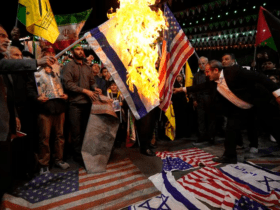


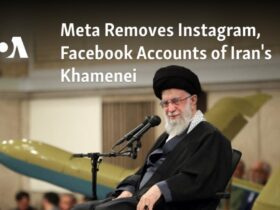
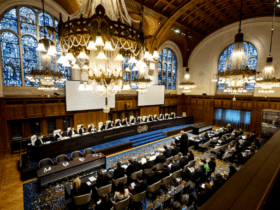



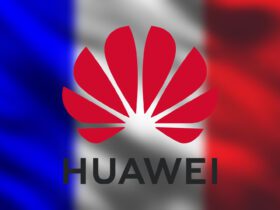









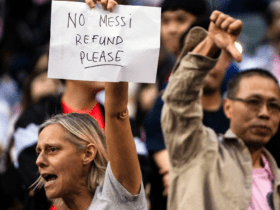

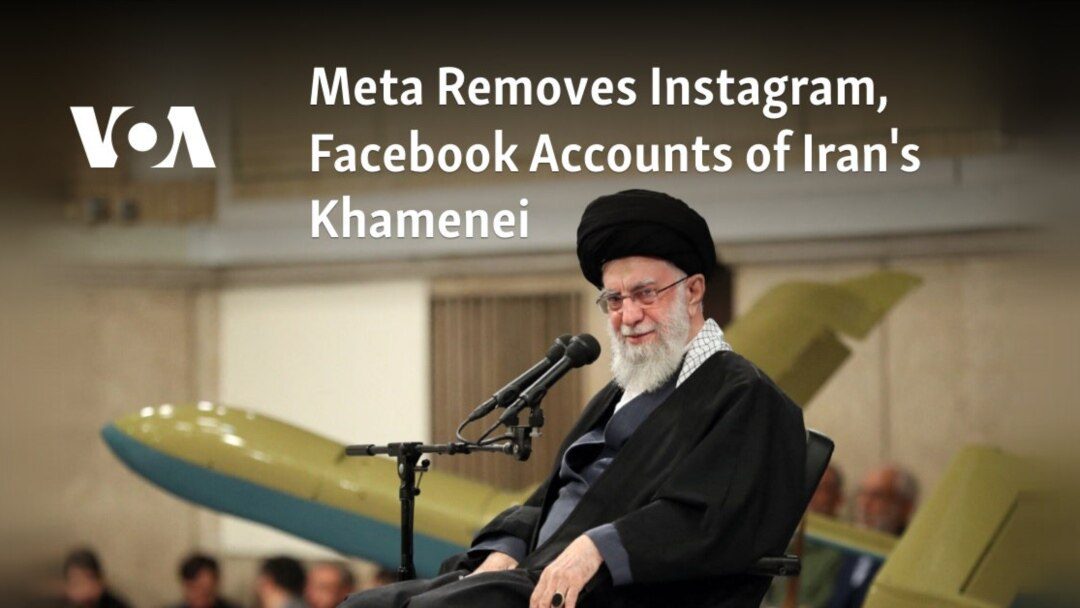
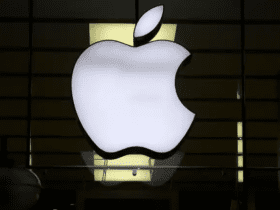


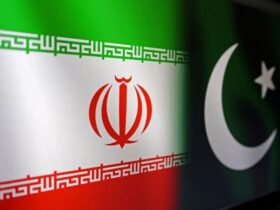

Leave a Reply